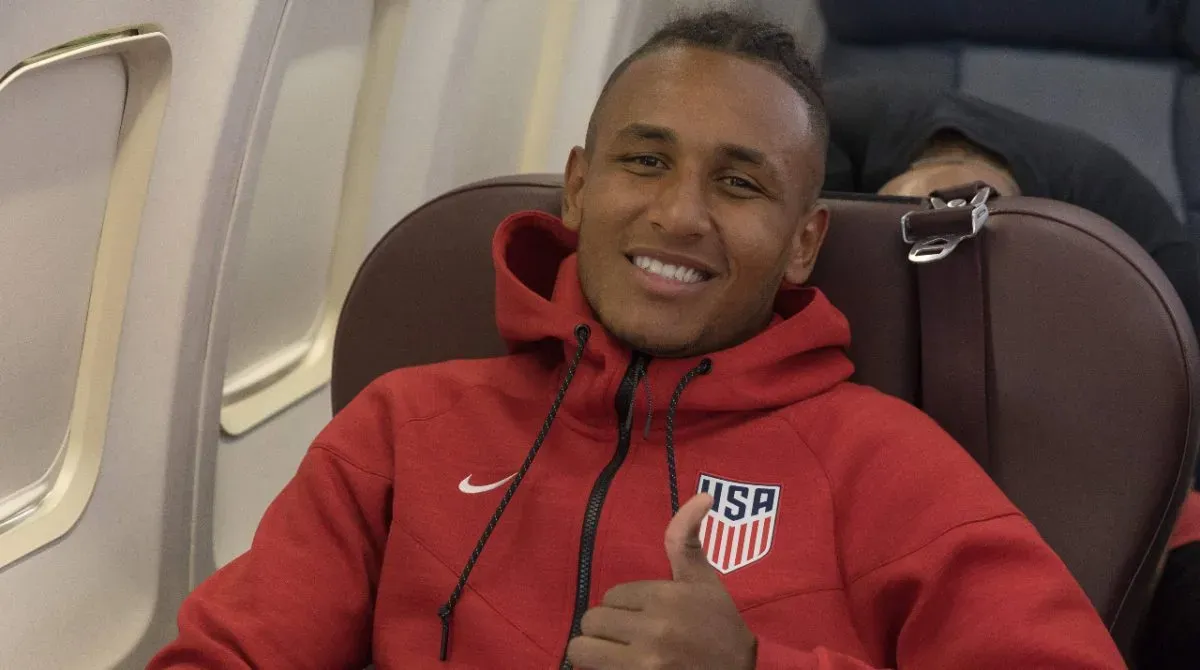No sporting event, from the most local to the most global, takes place in a vacuum. It intertwines with environmental, social, and economic issues on a local and global scale.
One of the most critical issues of our day, climate change, affects the industry inextricably.
When it comes to combating global warming, sports play an essential role. It is unparalleled in terms of being an advocate and setting an example.
There is an inherent connection between the environment and sports. Whether it’s the grass fields used for soccer, the ice used for winter activities, or the water used for sailing. Similarly, the sector’s enormous scale and influence have a significant effect on the natural world.
Investigating the causes of the sports industry’s enormous impact is worthwhile. Especially, given that it is accountable for over 350m tons of CO2e and has an estimated worldwide value of about $600bn.

Travel is an inevitable requirement in a global sport
Organizations and events in the athletic world have a complicated and difficult-to-measure effect on the environment.
It encompasses emissions from different sources. Such are the vehicles used by players, staff, and spectators to go to and from games; the buildings and facilities used for athletic events; the supply chains for goods and equipment used in athletic events; and food and drink.
Environmental impact of soccer throughout the world
Worldwide, soccer has more spectators than any other sport. An estimated 5bn people tune in to witness the month-long World Cup, making it the most-watched event in the industry.
The projected 3.63 million metric tons of carbon dioxide equivalent (CO₂) released into the atmosphere in 2022 due to the World Cup in Qatar came mostly from indirect sources. As per the Carbon Literacy Project, such are the transportation (1.9 million tCO₂) and lodging (728,403 tCO₂) of all those involved in the event.
The World Cup occurs every four years, but that doesn’t stop top-tier tournaments from happening all year. As an example, there are 380 matches in the English Premier League and 125 in the UEFA Champions League annually, respectively.
Manchester City released 1,297 tCO2e into the atmosphere in 2021. The projected annual carbon dioxide emissions from the world of soccer are above 30 million metric tons, which is comparable to Denmark’s entire emissions.
It is difficult to quantify carbon emissions in grassroots sports because of the many variables, including the effects of running athletic venues. There are also the participants’ and staff’s preferred means of transportation for trips, and the products and services purchased at venues and events.
MLS has second-highest average carbon footprint
For the last five full seasons, energy experts Payless Power in Texas compiled stats for every game played in the NFL, NBA, MLS, NHL, and MBL. They used the locations of each site to calculate the projected carbon emissions from each team’s transit between games.
They have now reported that out of all the major US sports leagues, the National Football League (NFL) produces the most carbon dioxide (20.8 metric tons) in each game played on average. With an average of 18.2 metric tons, Major League Soccer (MLS) was second highest.
So, it’s safe to say that overall, the sports sector isn’t very forward-thinking when it comes to being green. However, there are a few companies that are making strides to change their business model to be more sustainable.
Premier League football clubs like Manchester City and Arsenal are leading global efforts to reduce carbon emissions. These efforts include getting their stadiums LEED certified, using renewable energy, and automating the lighting of club facilities using LEDs.
Photo credit: IMAGO / Icon Sportswire IMAGO / ZUMA Wire.















